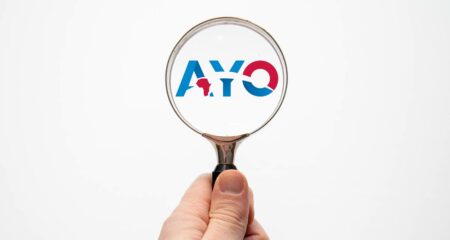
An unidentified hacker group has made most of the South African Press Association’s (Sapa’s) archives publicly available and searchable for free, violating the copyright of new owner Sekunjalo Investment Holdings.
The group says it has launched SapaFiles as a publicly available and searchable archive dating back to 1998. This follows threats, later withdrawn, by Sekunjalo that it would force other publishers to remove old Sapa content from their websites.
Sekunjalo is led by its chairman Iqbal Survé. It acquired the Sapa archives in March following the demise of the newswire service, and launched the African News Agency as a replacement to Sapa in the same month.
The anonymous group said in an e-mail sent to TechCentral: “We are simply concerned citizens who believe strongly in a free press and free (as in libre) data.”
It said it has made 1,9m articles available and hopes to complete the archive soon. “We believe that the Sapa archive represents an invaluable South African historical asset that should not be controlled by one private company. Controlling such an asset could allow the owner to literally rewrite South Africa’s history, or simply bury it.”
The group said it was “alarmed” when Sekunjalo threatened to force other publishers to remove all previous Sapa content from their websites. It said the threat “spurred us into action”.
The group believes the archives hold great value for historians, researchers and academics who otherwise would not have free and untrammelled access to it.
It said it thinks that the archives will form a valuable resource to journalists to research the history of a story and research links between companies and individuals.
However, Chris Borain, CEO of the African News Agency, has disputed that Sapa content was to be removed.
“Firstly, let me state that Sekunjalo made no threats against any publishers. The note making the demands was from the editor of Sapa, and was withdrawn.”
Borain said that the when the African News Agency purchased the archives, part of the obligation in terms of the purchase agreement was to make the archives available to all South Africans.
However, the archives are stored in different locations, according to Borain, and are yet to be made available.
The SapaFiles are currently available only through the Tor Web browser at http://ladhzzr73kxkifxg.onion/. Tor allows for anonymous communication and prevents anyone conducting network surveillance to identify a user’s location or usage. — © 2015 NewsCentral Media



